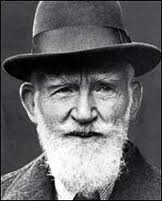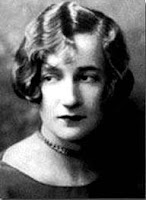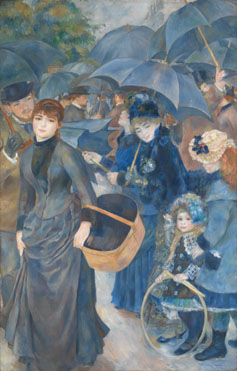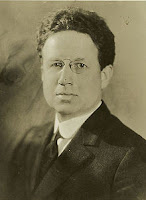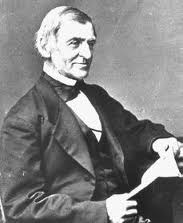 "The purpose of life is not to be happy. It is to be useful, to be honorable, to be compassionate, to have it make some difference that you have lived and lived well."
"The purpose of life is not to be happy. It is to be useful, to be honorable, to be compassionate, to have it make some difference that you have lived and lived well."
American Poet, Speaker, Writer
1803 - 1882
Too often people spend their time trying to find happiness. Instead, they should be seeking ways to make a difference in the lives of others. Happiness is never permanent. We may experience moments of happiness, but we will not stay in that frame of mind. Seek instead to be useful — to help others in their time of need. If we focus on helping others and worry less about our own happiness, we will wake up one day and find that we are at peace with ourselves.
Why were you born? What is your purpose for living on this planet? When you reach the end of the road one day and look back across your life, what is the legacy you want to leave behind? I believe we each have a reason for being born and part of our mission in life is to discover our purpose for being. How would the world be different if you had never lived? Ponder that question. How many lives have you already touched? A few years ago someone told me that I had inspired him to become a nursing home administrator. I did not remember the young man, but he had heard me speak and was inspired. And I sure you have made a difference in the lives of people you never met. Has someone been inspired by a poem, a story or a novel you wrote? Has someone been inspired by a picture you painted? Maybe someone bought a painting from you and hung it in their living room. And every time they look at it, they experience a moment of happiness.
Here is a poem by Ralph Waldo Emerson. Maybe it will inspire you years after he wrote it.
The Apology
Think me not unkind and rude,
That I walk alone in grove and glen;
I go to the god of the wood
To fetch his word to men.
Tax not my sloth that I
Fold my arms beside the brook;
Each cloud that floated in the sky
Writes a letter in my book.
Chide me not, laborious band,
For the idle flowers I brought;
Every aster in my hand
Goes home loaded with a thought.
There was never mystery,
But 'tis figured in the flowers,
Was never secret history,
But birds tell it in the bowers.
One harvest from thy field
Homeward brought the oxen strong;
A second crop thine acres yield,
Which I gather in a song.











